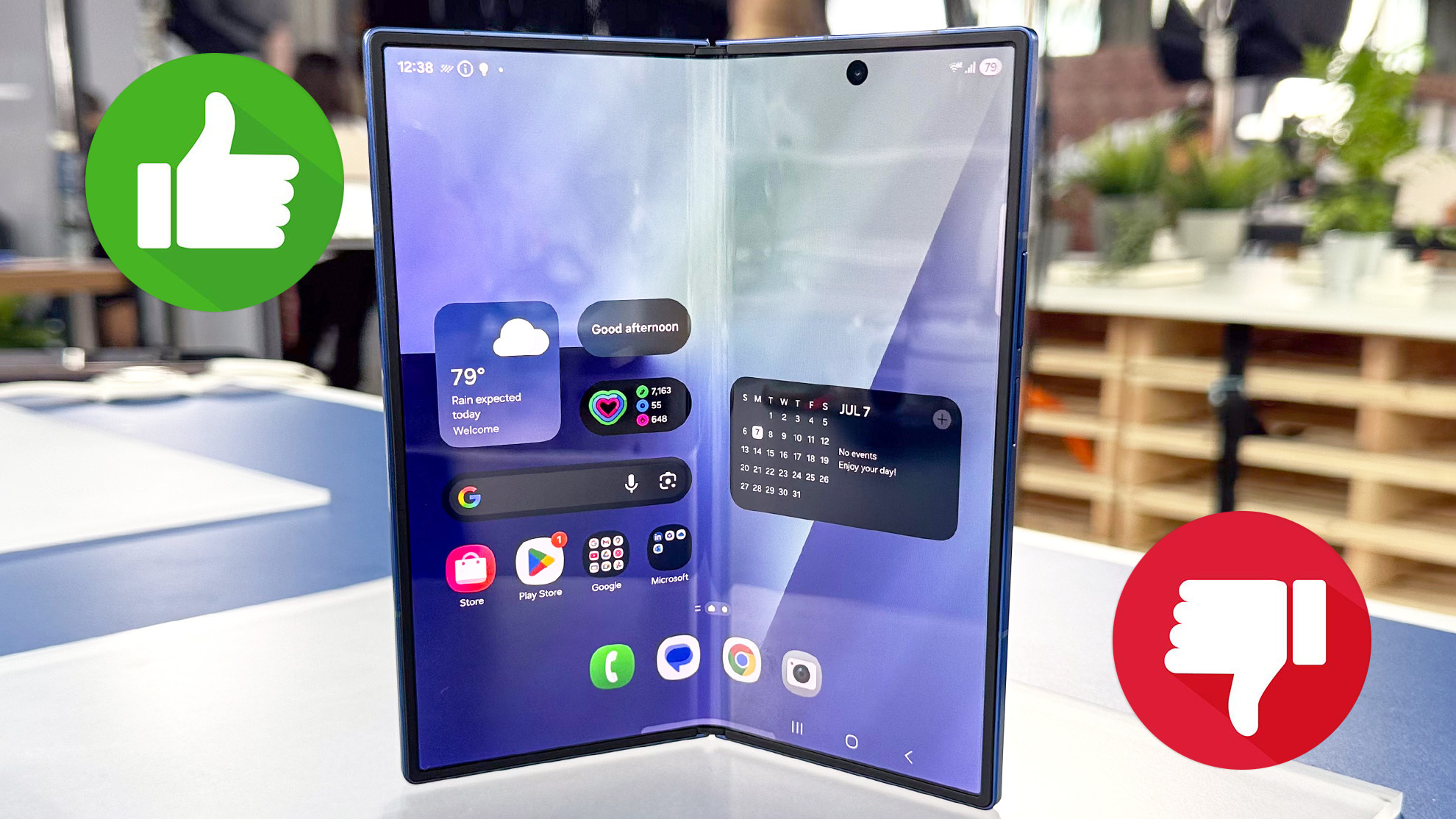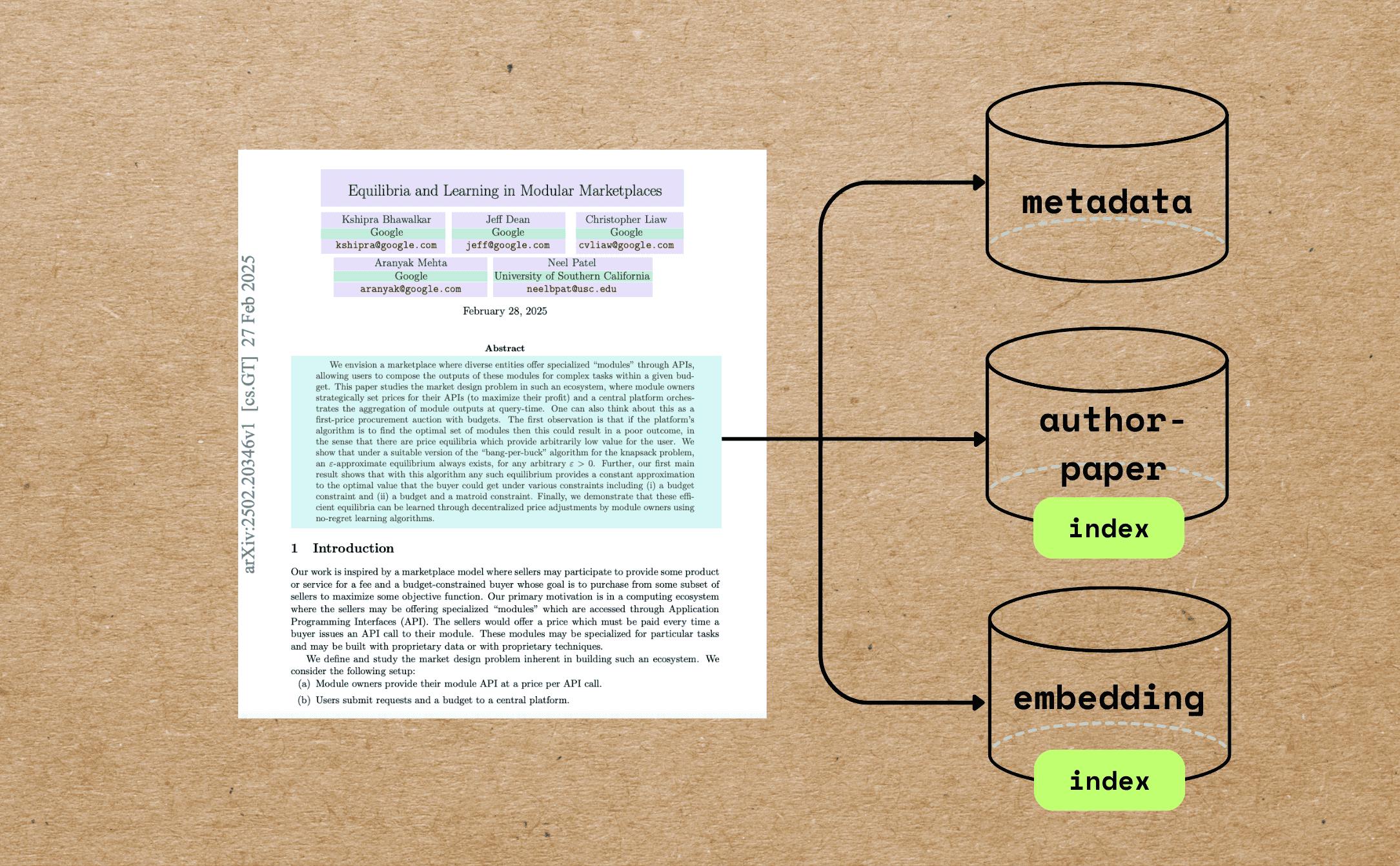I remember standing in line in the mid-1980s at the post office waiting to pick up a package or to buy a book of stamps. I also have memories of a decade earlier when I was a child and going with one of my parents to deposit my monthly allowance in my savings account, proud to show off my rising passbook savings. By the late 1980s and early 90s, the early innovations of the internet allowed me to skip these lines, and I was able to write an email, press send, and voilà. I felt as if I had saved at least 90 minutes of writing a letter, printing it, addressing an envelope, and then running to the post office. What was once a time-consuming task was suddenly taken care of in a matter of minutes. It seemed almost magical, as if we were saving time, and we were regularly informed that the internet would not only save us loads of time in petty chores and errands, but that physical queuing would eventually be replaced by various online interfaces and websites that allowed us to pay our bills online. Now, looking back at the past thirty years, the time saved by the internet is greatly in dispute.
Since the turn of the century, paying bills online and having most items automated is certainly a wonderful asset. But at what price?
Nowadays, I am finding myself on an almost bi-weekly basis having to download new apps to do something that a credit card would perform even more efficiently. This, in addition to all the updates and conflicts that apps create for both my computer and mobile phone. But the greatest deficit of how computers interfere with our lives is that recently I have had to negotiate with my eldest child’s insistence on having a smartphone because her peers as young as nine years old have mobile phones. Yes, you read correctly. I’m living a 21st-century keeping up with the Joneses.
Sadly, things are getting more bizarre with schools insisting in recent years that children use the internet and a computer at home to do most of their homework, entirely skipping our consent as parents, seemingly don’t care about our desire that our children not spend hours a day on a screen. This, plus there is an intrinsic importance in teaching children to appreciate the tactile, to learn from books that have been edited, fact-checked, and often have amazing prose. Children no longer learn how to write (or read) in cursive, and they can barely distinguish between correct grammar and vocabulary and the slang in which the internet is bathed.
Then there’s the issue of safety. It’s quite surreal to think that just a decade ago, children were taught “stranger danger” and to fear most everyone in society, and now they are being told just the opposite, with schools expecting parents to give our kids the proverbial keys to the Starship Enterprise. Of course, we want our kdis to have to information and to be able to use the internet for learning purposes, but just like the literal highway, the “information highway,” as the internet used to be called in the 1990s, has toxic and quite dangerous sites that fall far beyond the control of most safety apps and parents alike.
While my daughter knows I am not getting her a mobile phone any time soon, I ensured that she had a tablet from the age of eight with the hopes that she would learn the positive use of these devices. But things did not go as I had hoped since upon using her tablet with solely learning apps installed, I noticed that her behavior radically changed when she spent time online. I wish it weren’t so, but each and every time I would allow her to use her tablet, she became moody, impatient, and even unpleasant when it was time to put the device away. As a result, we put the tablet away and tried again a year later with the same results. Finally, when my daughter was 11 years of age, she was able to use her tablet for limited amounts of time. However, I noticed her mood would become quite unpleasant if her use of the tablet exceeded 30 minutes. It was as if she had an addiction to her device. Thinking I must have been imagining the changes in my child’s behavior, I began to read various scientific studies on this issue, and I learned that my daughter’s behavioural transformation around screen time was far from anomalous.
Screen time has been widely studied and is proven to cause
One of the
Related to the problem of screen addiction is the diffusion of social media, where it is literally impossible to safeguard against social media addiction without simply taking your child’s tablet away.
Canadian scientists have studied the changes in the brain’s reward system as adolescents watch video clips. These researchers maintain that, similar to how serotonin dips when we are hungry, screen time can also strongly influence the brain’s reward system, which is key to decision-making. Some researchers hypothesize that there could be a depletion in serotonin, where the imbalance is mediating
In parallel to social media, research studying the effects of
Despite the survivalist aspects of aggression, when examining these valences amongst children, aggression and mood changes are now considered standard byproducts of social media use amongst this cohort, where behaviour such as fighting, arguing, and breaking rules has become more commonplace. Research also indicates how artificial intelligence (AI) algorithms on social media platforms are designed to attract and keep people online to expose them to more advertising. This is also an overwhelming factor regarding adult use and abuse of social media, which similarly indicates alarming rates ofsmartphone addiction across the world. We’ve all seen the couple in the restaurant, each one pretending to pay attention to the other while their real attention is directed at their smartphones. Similarly, for children, there is a sizable number of studies that demonstrate how prolonged exposure to violent video games can desensitize children to suffering, reducing empathetic responses.
We need to ask ourselves if this is the kind of society we wish to create. One clear path out of this mess is to reduce, if not entirely eliminate, our use of social media and gaming, not to mention the overuse of online education. I have already spoken with my daughter’s school, asking them to limit all homework that requires screentime, noting her behavioral changes. Surprisingly, the teachers agreed with my conclusions about the negative impacts on my child when using her tablet for hours a day. I am also considering ditching my smartphone and limiting my online use to my computer, and strictly for a limited number of hours each day. I also have offline hours where I do not use or even look at my mobile. And during my workday, in order to maximize my efficiency, I have a white list that lets through phone calls only from a select few people, allowing me to focus on work so that when I stop working, my children have my attention and time, and I have a necessary break from these devices.
While











